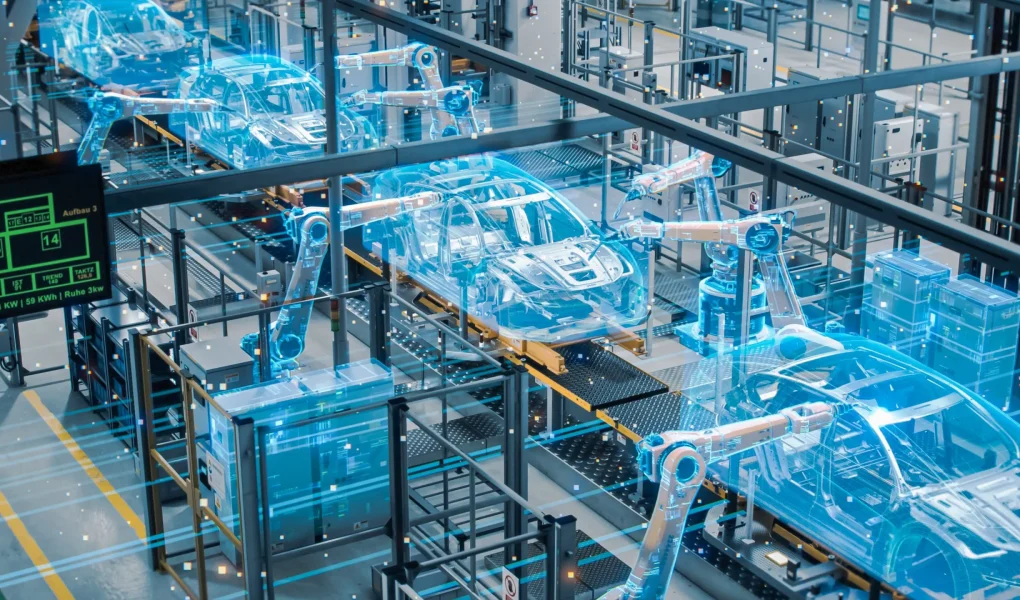lareddepathways.com – In the ever-evolving landscape of manufacturing, staying ahead of the curve is not just an option but a necessity for survival. The integration of artificial intelligence (AI) into factory operations has emerged as a game-changer, offering unprecedented levels of efficiency, productivity, and cost savings. This article delves into the multifaceted role of AI in factory optimization, exploring how it is transforming the industrial sector.
Predictive Maintenance:
One of the most significant contributions of AI to factory optimization is predictive maintenance. Traditional maintenance strategies often rely on time-based schedules or reactive measures, leading to unexpected downtime and increased costs. AI, on the other hand, uses machine learning algorithms to analyze data from sensors and equipment logs, predicting when a machine is likely to fail or require maintenance. This proactive approach minimizes downtime, extends the lifespan of equipment, and reduces maintenance costs.
Quality Control:
AI-powered vision systems and sensors are revolutionizing quality control in factories. These systems can detect anomalies and defects in products with a level of precision and speed that far surpasses human capabilities. By integrating AI into quality control processes, manufacturers can ensure higher product quality, reduce waste, and maintain customer satisfaction.
Supply Chain Optimization:
The complexity of modern supply chains can be overwhelming, but AI is simplifying the process. AI algorithms can analyze vast amounts of data to optimize inventory levels, predict demand, and streamline logistics. This leads to reduced stockouts, overstocking, and transportation costs, ultimately enhancing the overall efficiency of the supply chain.
Energy Management:
Energy consumption is a significant cost factor in manufacturing. AI can monitor and manage energy usage by analyzing patterns and optimizing operations. By adjusting production schedules, managing peak loads, and controlling energy-intensive processes, AI helps factories reduce their carbon footprint and energy bills.
Customization and Flexibility:
The demand for customized products has surged, and AI is enabling factories to meet this demand without sacrificing efficiency. AI systems can quickly reconfigure production lines, adjust settings, and optimize processes for small batch production, allowing manufacturers to offer personalized products without the traditional overheads associated with customization.
Workforce Augmentation:
AI is not about replacing human workers but augmenting their capabilities. By automating routine and dangerous tasks, AI allows human workers to focus on more complex and creative aspects of production. Furthermore, AI-driven training programs can enhance the skills of the workforce, leading to a more knowledgeable and efficient team.
Conclusion:
The role of AI in factory optimization is transformative, offering solutions that were once considered the realm of science fiction. From predictive maintenance to supply chain optimization, AI is enhancing every aspect of manufacturing, leading to increased productivity, reduced costs, and improved product quality. As AI technology continues to evolve, its impact on factory optimization will only grow, making it an indispensable tool for manufacturers looking to thrive in the competitive global market. The integration of AI is not just a technological upgrade; it’s a strategic imperative for factories aiming to stay ahead in the game of efficiency and productivity.

